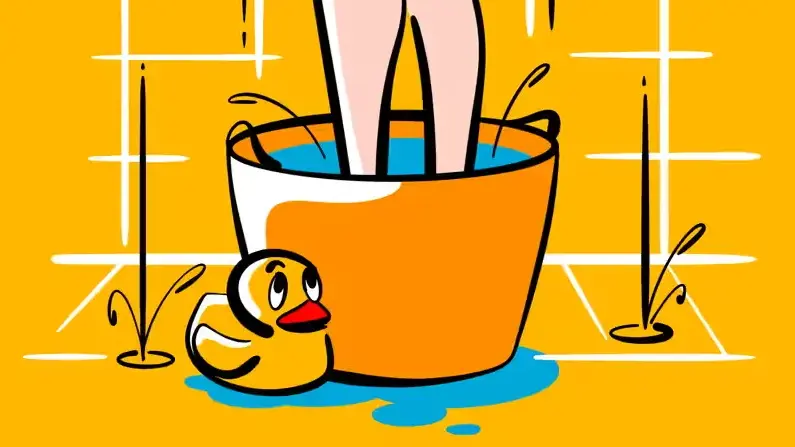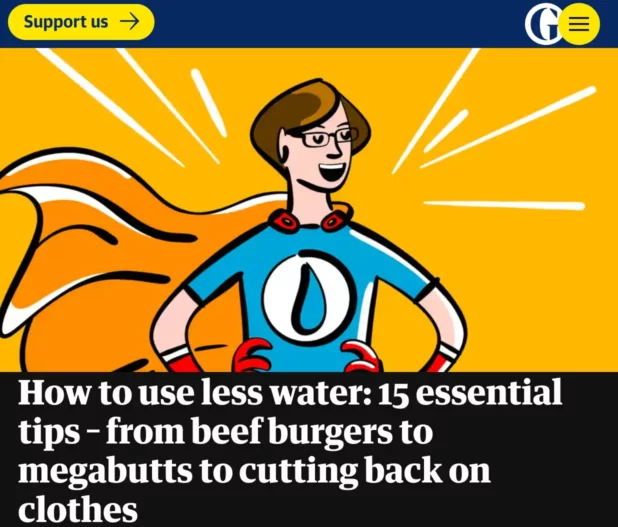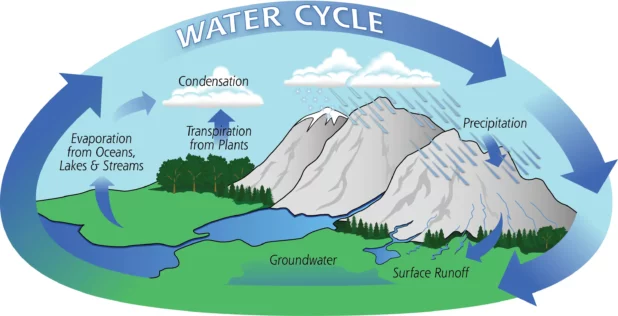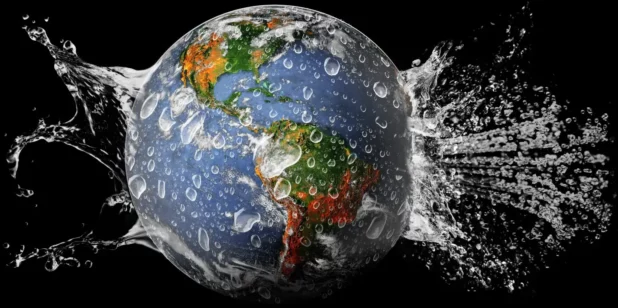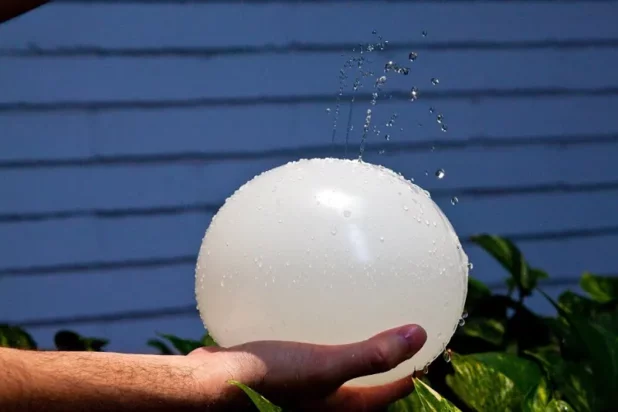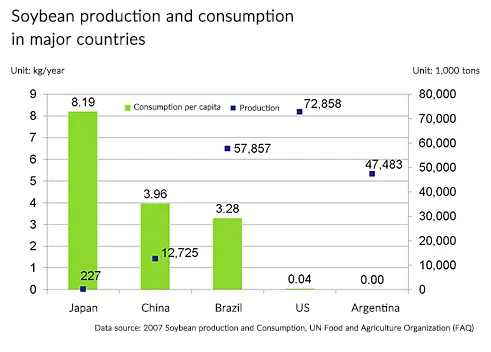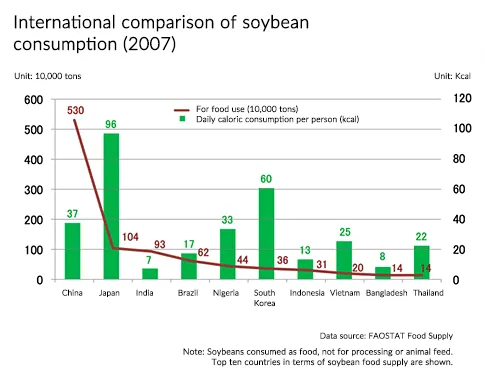Telling people they need to save water is a bit like telling black people they’ll become rich by saving money. It’s not going to make a difference, and it’s cruel.
Water is not something you have to use less of. Water is supposed to be in a constant cycle of use and reuse.
Animal feces, urine, and carcasses fertilize the soil. You are not a black hole sucking water out of reality. The water you drink will eventually come back around, one way or another.
The planet is not running out of water. Water is not coming out of the atmosphere into space.
Earth is not a leaking water balloon.
The only real threats to water availability are pollution with toxic chemicals, pharmaceuticals, hormones, plastics, soap, shampoo, and other crap that is expensive to filter out and that can make water unfit for purpose. But you won’t hear Greta or any of these morons pushing for a real conversation about that.
Emma Beddington writes for The Guardian:
I spent much of last year’s boiling hot, dry summer freaking out about drought. Baking days, hosepipe bans, parched plants and suffering wildlife gave me acute day-to-day anxiety and a real fear for the future. This year, I was determined to do something more productive than hand-wringing, so I resolved to cut my water consumption.
Then it rained for much of the summer. The UK had 170% of average rainfall this July, making it the sixth wettest on record. But that doesn’t make my efforts pointless: we still need to save water. Scientists have calculated that the climate crisis makes drought 20 times more likely, so one wet summer only offers short-term respite. The UN predicts that demand for fresh water will exceed supply by 40% by 2030 worldwide. In the UK, Sir James Bevan of the Environment Agency warned in 2019 that, without action, UK water companies would face the “jaws of death” – the point at which demand for water outstrips supply – within 20 years.
Also, saving water reduces your carbon footprint. Treating and transporting is energy-intensive business: approximately 12% of a typical gas-heated home’s energy consumption in the UK goes on heating water. Then there is the bottom line: an increasing number of people now have metered water consumption, so the less you use, the less you pay.
Would water companies tackling leakage – which amounted to more than 1tn litres in England and Wales in 2021, according to Ofwat – have vastly more impact than me dodging showers? Of course. But we can all make a difference. Many tweaks to household habits are easy to implement, plus there are bigger lifestyle changes to consider. This is what happened when I tried them out.
The article literally suggests taking showers with your feet in a bucket as a way to “save water” (she says to reuse the foot water for other purposes).
They even use this image:
These are some of the other recommended techniques:
- Not emptying the kettle before refilling
- Reusing cooking water
- Running dishwashers and washing machines full
- Reusing ice cubes
- Turning off the tap while brushing your teeth and adding an attachment to reduce the flow
- Reducing the number of times you flush the toilet and the amount of water used in flushing
- Fixing leaks
- Eating soy instead of meat because it allegedly “takes less water to produce”
Besides entirely missing the mark and promoting neurotic behavior, some of the “water saving” tips could be harmful for people’s health. For instance, reboiling water is generally a bad idea, as it increases the dangers posed by various substances found in it, and excessive soy consumption is probably the reason why the Japanese are a nation of gay pedophiles.
People concerned about water and the environment should understand that the problem is not using water, but making water unusable.
Anything that cannot be cheaply filtered out of the water should not be anywhere near water.
